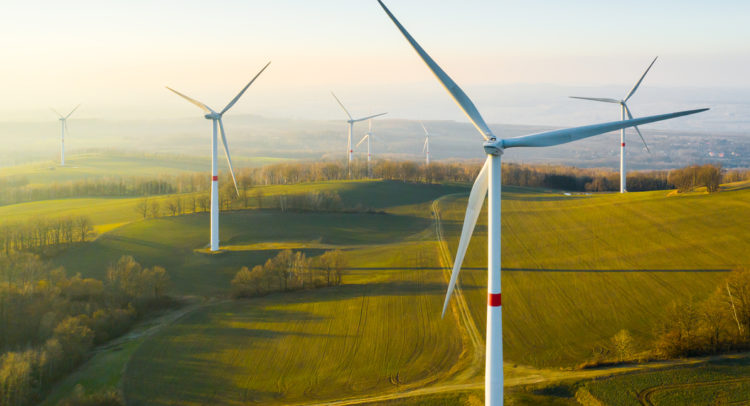SAUDI Arabia has assured its assistance in the commercial supply of liquefied natural gas to Bangladesh on an emergency basis. Discussions were held in Riyadh in October 30–31 on the construction of 1,000MW solar power and 730MW gas-powered in Bangladesh by Saudi ACWA Power.
Eighty per cent of the fuel now used in Bangladesh comes from Saudi Arabia and Middle Eastern countries. The companies that provide the fuel are Saudi Arabian Oil Company or Saudi Aramco, Abu Dhabi National Oil Company Limited of the United Arab Emirates, Kuwait Petroleum Corporation, Petco Trading Labuan Company Limited of Malaysia, Emirates National Oil Company (Inc) of the United Arab Emirates, PetroChina (Singapore) Pte Ltd of China and UNIPEC (Singapore), PT Bumi Siak Pusaku of Indonesia, PTT International Trading Pte Ltd of Thailand and India Numaligarh Refinery Limited.
It continues to buy liquefied natural gas from Qatar and Oman under long-term contracts and imports about four million tonnes of liquefied gas a year. The agreement with Qatar will expire in 2032 and that with Oman will expire in 2029.
The prospects under the ‘fuel support framework” at the 14th Joint Economic Commission meeting held in Riyadh are LNG import agreement with Petrobangla, technical assistance for setting up the second unit of Eastern Refinery, financing the construction of Matarbari II coal-fired power plant, renewable energy, solar and offshore wind power support agreements, etc.
The Danish government also signed a ‘sustainable and green framework engagement’ agreement in April this year on technical cooperation in Bangladesh’s power and energy sector. It has the potential to generate 40 per cent renewable energy by 2041. In 2013, Bank of America decided to set up a fund of $50 billion under the ‘sustainable energy for all initiative’ to invest in the sustainable and renewable energy sector in Bangladesh. The ‘sustainable energy for all initiative’ is a joint initiative of the World Bank and the United Nations, with the objective to increase energy efficiency, promote renewable energy and increase energy efficiency. Sixteen per cent of the total energy consumed worldwide comes from the renewable energy sector and the demand for renewable energy in Bangladesh is also increasing day by day.
After the current energy crisis, the international community, especially Europe, is looking at ‘Zeitenwend’ or ‘turning around’ in its own solar and wind power generation. Germany has taken the initiative to reserve and save enough gas. It is now busy operating coal-based power plants to reduce pressure on gas. Other European countries are moving in the same direction. France plans to build six new nuclear reactors and the United Kingdom plans to develop six new gas fields.
European experts will also work in mines in the United States and Africa in search of more oil, gas and coal. They also focus on the vast eastern Mediterranean gas fields offshore — Israel and Egypt. US president Joe Biden emphasises clean renewable energy reserves. In addition to new production, the world is also focusing on saving.
In Spain, the government has asked civil servants to work from home as much as possible without using air conditioners. In New South Wales in Australia, eight million citizens have been urged to go without electricity for two hours a day. In addition, there is an order to close the doors of air-conditioned shops in various developed countries such as Italy, Singapore, France, the United Kingdom. Failure to do so will result in a fine of 750 euros.
Bangladesh, a developing country, has now made its mark on the world map by working hard. Bangladesh, like others, also suffers because of the Russia-Ukraine war. Lack of essential fuel is likely to lead to the loss of overseas orders for export-oriented apparel units. Production in other industries is also severely disrupted. A large number of people, especially women workers, may lose their job in such a situation and there will be unrest in society.
Bangladesh has very good relations with all the countries, including the Middle East. It is, therefore, hoped that the international community would play a stronger role in solving the current energy crisis for the sake of development and peace and order.
Dr M Mesbahuddin Sarker is professor at the Institute of Information Technology at Jahangirnagar University.
More about:
Source: news.google.com






